Introduction:
In our modern, data-driven world, the protection of sensitive information has risen to a paramount position for organizations. This is where the Data Privacy Vault (DPV) comes into play – a cutting-edge solution meticulously designed to shield valuable data from unauthorized access and looming cyber threats. It functions as an impenetrable fortress, employing advanced encryption and access controls to maintain data security both during storage and while in transit.The urgency of this protection is underscored by the escalating frequency of data breaches and the ever-tightening grip of data protection regulations. The Data Privacy Vault equips organizations not only to meet these legal requirements but also to establish and nurture trust with their customers. Furthermore, it plays a pivotal role in minimizing the substantial risks associated with insider threats.
In this blog post, we will delve deeper into why organizations must embrace the Data Privacy Vault as an indispensable tool. By doing so, they can guarantee the safeguarding of their data and the preservation of their hard-earned reputation in an interconnected and data-centric landscape.
What is a Data Privacy Vault?
Data Privacy Vault is a sophisticated and secure system designed to protect data from unauthorized access. It serves as a centralized repository for storing and managing sensitive information, such as personal identifiable data, financial records, and intellectual property. Unlike traditional data bases, the Data Privacy Vault employs state of art encryption and access controls to safeguard data from insider breaches. It plays a crucial role in helping organizations comply with data protection regulations and mitigate the risks associated with data breaches. DPV has become an extra layer of protection and an indispensable tool for modern organizations.
Why organizations need a Data Privacy Vault?
Organizations need a Data Privacy Vault for several compelling reasons:
1)Protection against Data Breaches: Data Breaches are a constant threat in today’s digital landscape. Hackers and cybercriminals continually target valuable data such as financial records, personal identifiable information (PII) and intellectual property. A Data Privacy Vault employs robust encryption and access controls, making it extremely challenging for unauthorized individuals to access or decipher the information. Multi-Factor Authentication, Audit Trails, Data maskingare key aspects of Data breaches.
2) Compliance with Data Protection Regulations: In recent years, governments and regulatory bodies worldwide have introduced stringent data protection laws to safeguard individuals’ privacy and secure sensitive information. Failure to comply with these regulations can result in significant penalties, fines, and reputational damage for organizations. Many data protection regulations require organizations to adhere to specific data retention periods. Data Privacy Vaults enable the enforcement of such policies, automatically purging or archiving data after the prescribed duration.
3) Minimization of Insider Threats: A Data Privacy Vault (DPV) plays a crucial role in minimizing insider threats within organizations. Insider threats refer to the risk posed by employees or individuals with access to sensitive data that intentionally or accidentally misuse or disclose that information. These threats can result from malicious intent, negligence, or unintentional actions by employees, contractors, or partners. Detecting and addressing insider threats promptly can also prevent data leaks and intellectual property theft. Proactive measures, coupled with a strong organizational culture that emphasizes security awareness and reporting mechanisms, play a crucial role in fostering trust and ensuring the confidentiality, availability, and trustworthiness of an organization’s assets.
4) Ensuring Consumer Trust and Loyalty: Data breaches erode the trust of consumers place in them. They are cautious about sharing their data, and organizations that can demonstrate a commitment to data privacy and security are more likely to earn customer loyalty. A Data Privacy Vault becomes a symbol of this commitment, helping organizations build a strong bond with their customers.
5) Secure Data Sharing:DPV enables secure data sharing by implementing controlled access mechanisms. Organizations can grant authorized users to access specific data while keeping sensitive information protected. The vault ensures that should be encrypted both in transit and rest, safeguarding from unauthorized access during sharing. This controlled data sharing mechanism ensures that sensitive data remains secure, even when shared with external partners, suppliers, customers, maintain the privacy and confidentiality of the information.
6) Support for Big Data Analytics: Big Data Analytics help in allowing controlled and secure access to sensitive data. While preserving Data Privacy, the vault permits authorized data analysts to perform valuable analytics and derive insights from the vast datasets. The vault ensures that the data remain protected throughout the analytical process. This feature allows organization to harness the power of Big Data for informed decision making without compromising data privacy or violating regulatory requirements. By striking a good balance between data usability and security, the Data Privacy Vault empowers organization to extract valuable intelligence from their data while safeguarding the information.
7) Intellectual Property Protection:A Data Privacy Vault provides robust intellectual property (IP) protection by securing and safeguarding valuable proprietary information. Organizations can store their sensitive IP, such as trade secrets, patents, and proprietary algorithms, within the vault’s fortified environment. The vault employs advanced encryption and access controls to ensure that only authorized personnel can access and modify this critical data. By centralizing IP in the vault, organizations can track user activities, detect any suspicious behavior, and prevent unauthorized access or data leaks. This protection extends to data shared with external partners or collaborators, ensuring that sensitive IP remains secure throughout collaborations. The Data Privacy Vault becomes a fortress for intellectual property, guarding it against potential theft or exposure, and safeguarding a company’s competitive advantage and innovation.
Conclusion:-
The Data Privacy Vault stand as an indispensable fortress in the battle to protect sensitive information in today’s data-driven world. As organizations face mounting threats from data breaches, insider risks, and stringent data protection regulations, the Data Privacy Vault emerges as a comprehensive solution that safeguards both data integrity and privacy. By leveraging advanced encryption, access controls, and secure data-sharing mechanisms, the vault ensures that sensitive information remains inaccessible
to unauthorized parties, bolstering protection against cyber-attacks and insider threats. Moreover, the vault’s compliance capabilities enable organizations to adhere to data protection regulations, avoiding costly fines and preserving their reputation. Organizations can confidently navigate the digital landscape by adopting the Data Privacy Vault, fortifying their data defenses, and securing a brighter, more resilient future.
Also read, More about Data Privacy Vault to know more about Data Privacy Vault.
Are you passionate about privacy and data protection? Look no further! There are a number of privacy certifications that can help you excel in your job and establish a brighter future. Tsaaro Academy provides complete coaching to help you clear those credentials and reach your greatest potential.


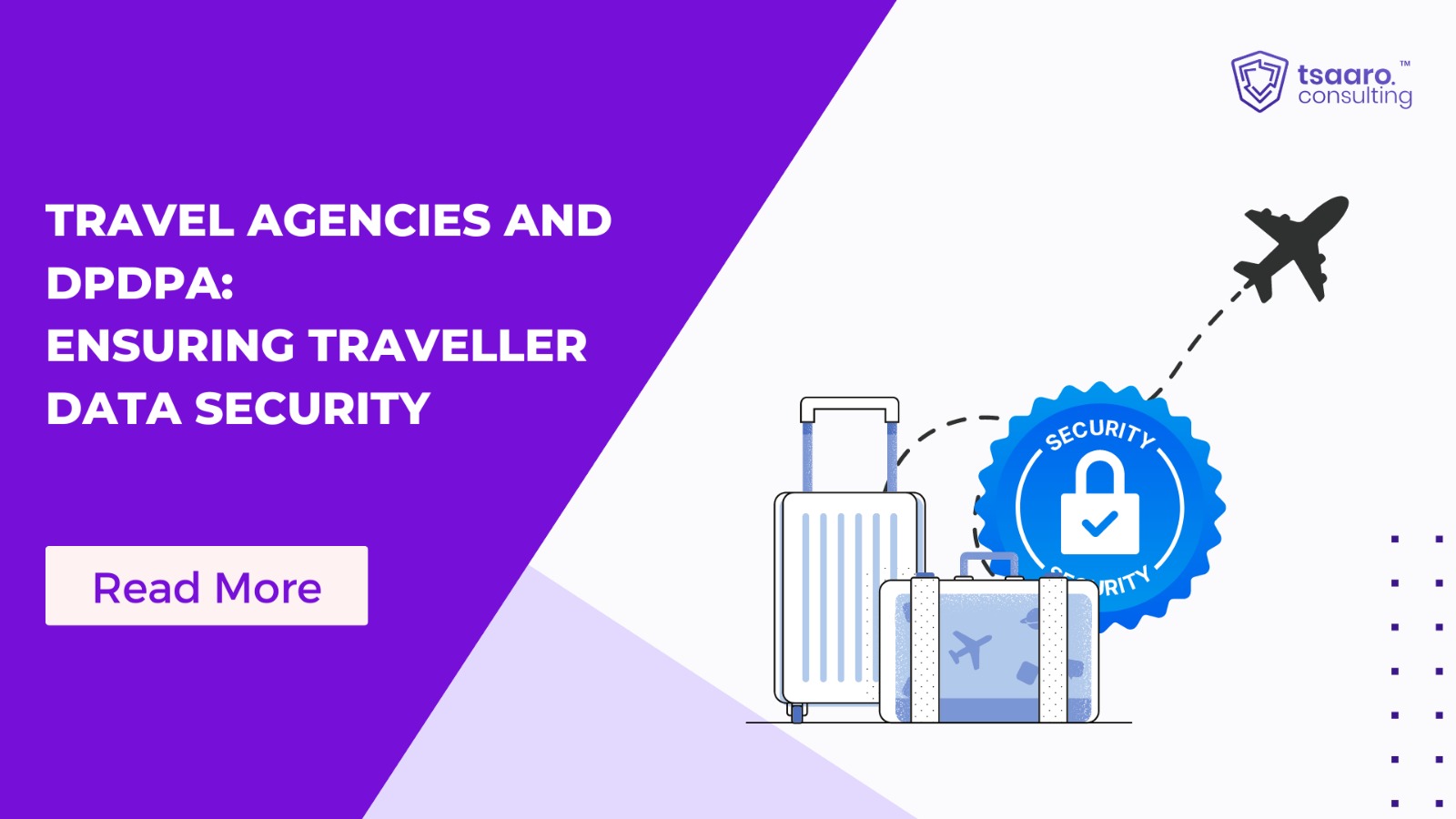

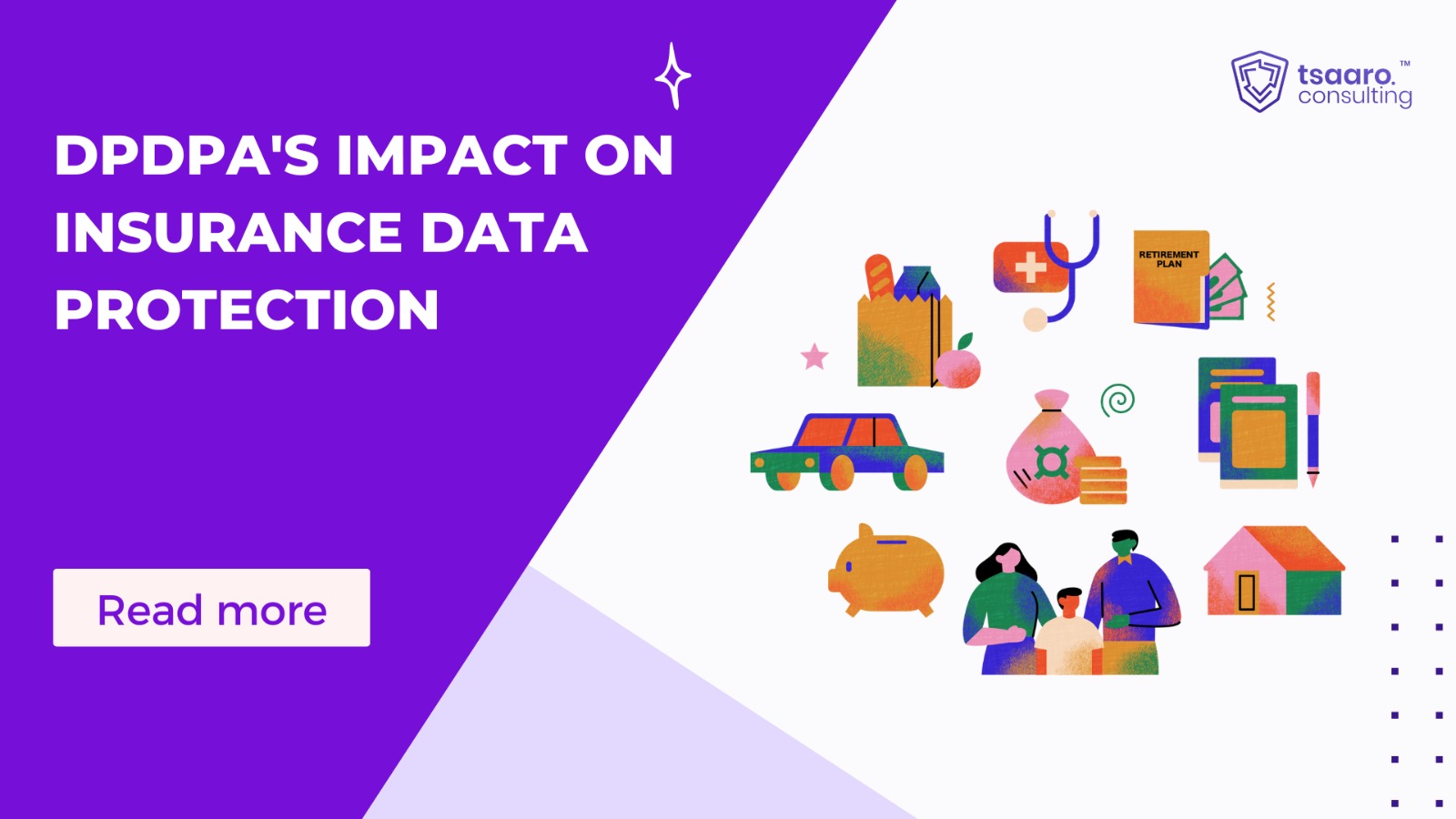

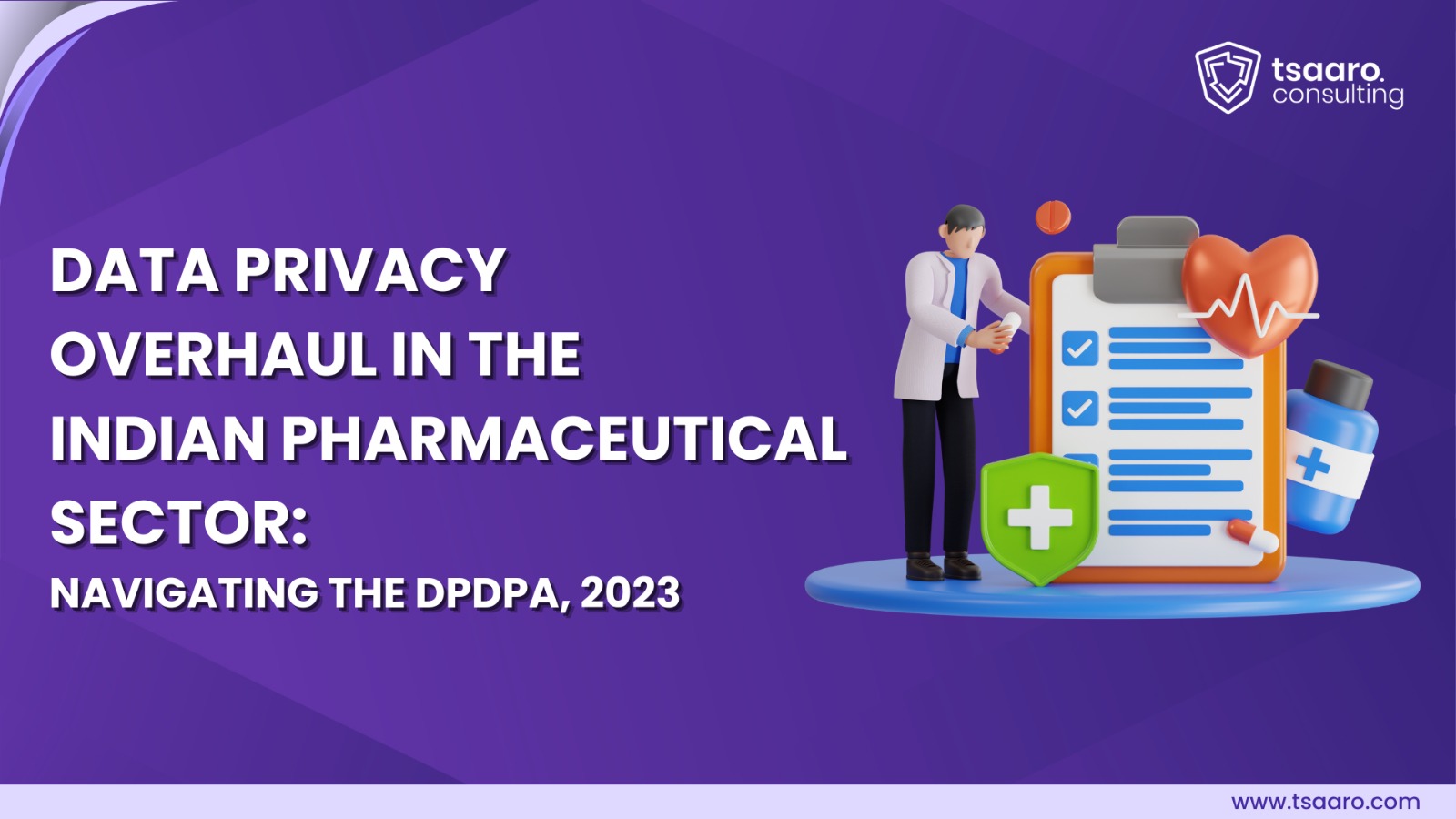

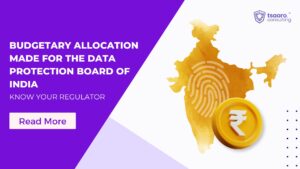

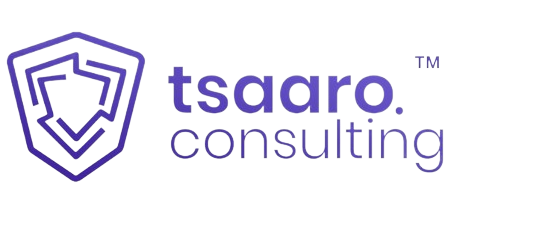


Zaproxy dolore alias impedit expedita quisquam.
Your humor made this topic so engaging! For further reading, click here: DISCOVER MORE. Looking forward to the discussion!